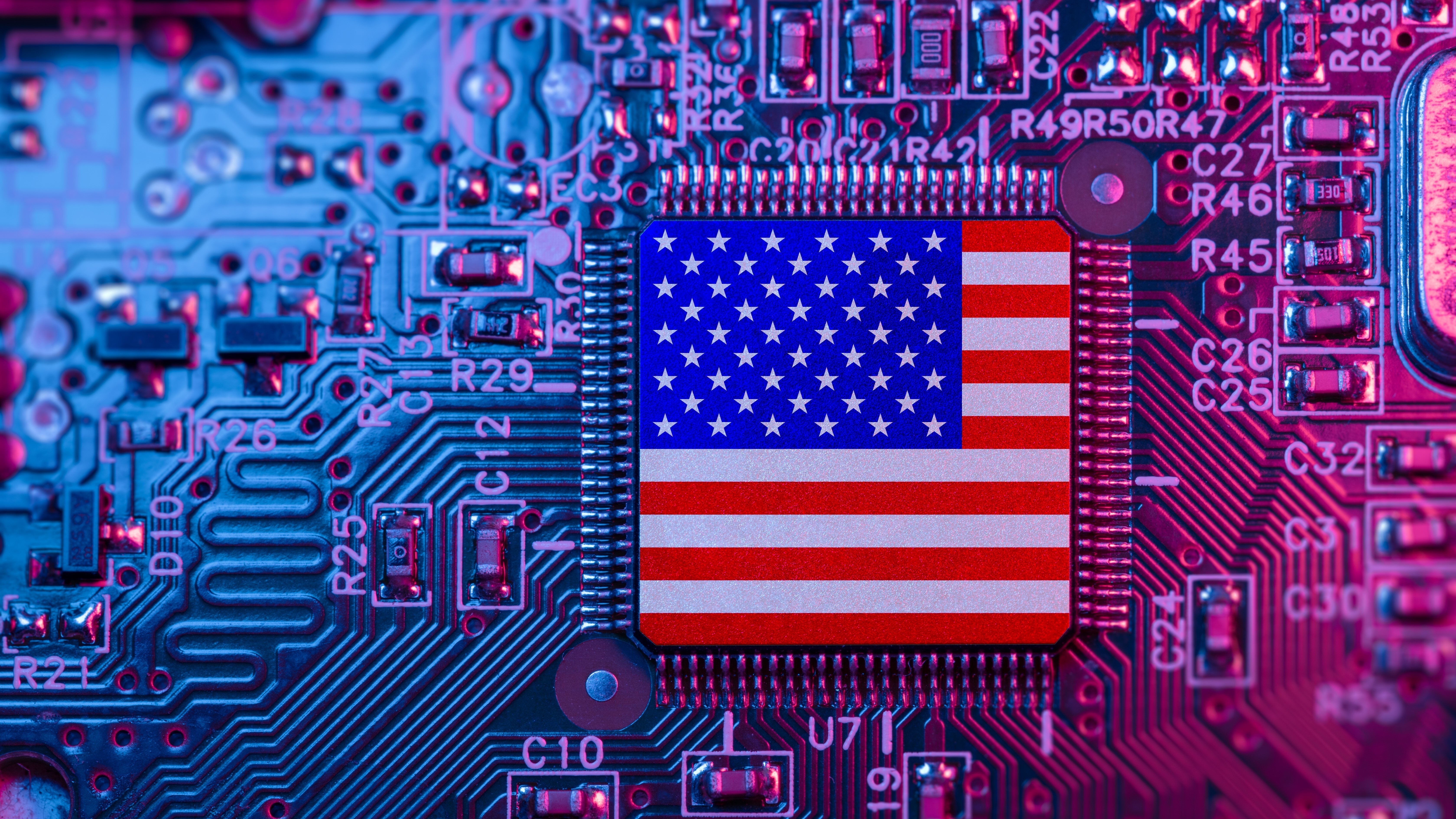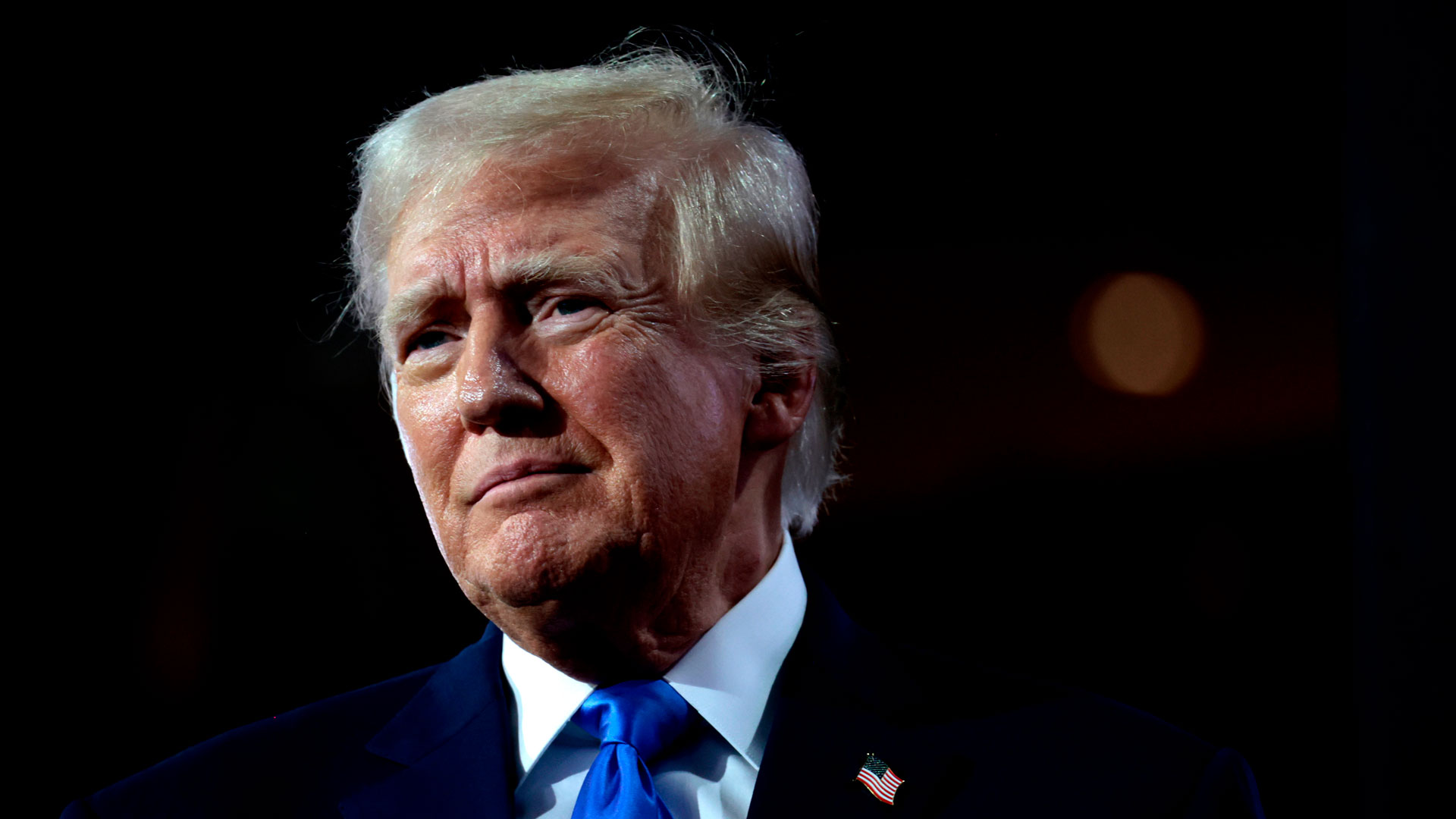Trump to introduce 25% and 'higher' tariff on imported semiconductors, timing unclear
Timelines remain uncertain.

President Trump, speaking at a press briefing held in Mar-a-Lago on Tuesday, was asked about plans for tariffs on semiconductor chips and pharmaceuticals. He responded that the tariff is set to start at 25%, "and it'll go very substantially higher over the course of a year." Trump has not revealed a timeline for when the proposed tariff might come into effect, but he did say he would give impacted semiconductor and pharmaceutical companies time to build factories in the U.S. before imposing tariffs.
The announcement follows a declaration made by the Trump administration, which claims that the U.S. will create and manufacture the "most powerful" AI chips.
"But we want to give them time to come in because, you know, when they come into the United States and they have their plant or factory here, there is no tariff. So we want to give a little bit of a chance." Trump said. This is likely offering manufacturers, such as Samsung and TSMC, leeway to get set up in the U.S. It takes 38 months to build a fab in the U.S. due to factors like attaining permits, alongside lengthy construction times. Therefore, tariffs may only come into force once companies have been given enough time to set up manufacturing on American soil. Multiple rumors have claimed that TSMC may be accelerating plans to build its Arizona plant to minimize the impact of the tariff.
The U.S. government is seeking to lower the reliance on imported semiconductors and shift its focus to local foundries. Taiwanese factories can currently create more advanced chips, and no current facility in the U.S. can create a similar product. With homegrown foundries on the mind, it was also reported that the administration was pushing for TSMC and Intel to create a joint venture on American soil in hopes that its production in the U.S. may be able to catch up to Taiwan's dominance.

The CHIPS and Science Act award for chip designers and manufacturers was initially intended to lure awardees over to manufacturing semiconductors in the U.S. However, the Trump administration reportedly wishes to assess and change the requirements for the grant.
The suggested tariffs are already set to impact wallets, with Acer CEO Jason Chen announcing that laptop pricing is set to rise by 10% for U.S. customers. Chen further claimed that some manufacturers may use the tariff as an "excuse" to push prices even further.
With the tariff currently set at a proposed 25% or higher, it could lead to price increases for several other product categories. The proposed tariffs would pose pricing challenges for the likes of Nvidia, AMD, and Apple. In fact, Acer announced yesterday that it would increase its pricing by 10% due to the new tariffs.
Stay On the Cutting Edge: Get the Tom's Hardware Newsletter
Get Tom's Hardware's best news and in-depth reviews, straight to your inbox.

Sayem Ahmed is the Subscription Editor at Tom's Hardware. He covers a broad range of deep dives into hardware both new and old, including the CPUs, GPUs, and everything else that uses a semiconductor.